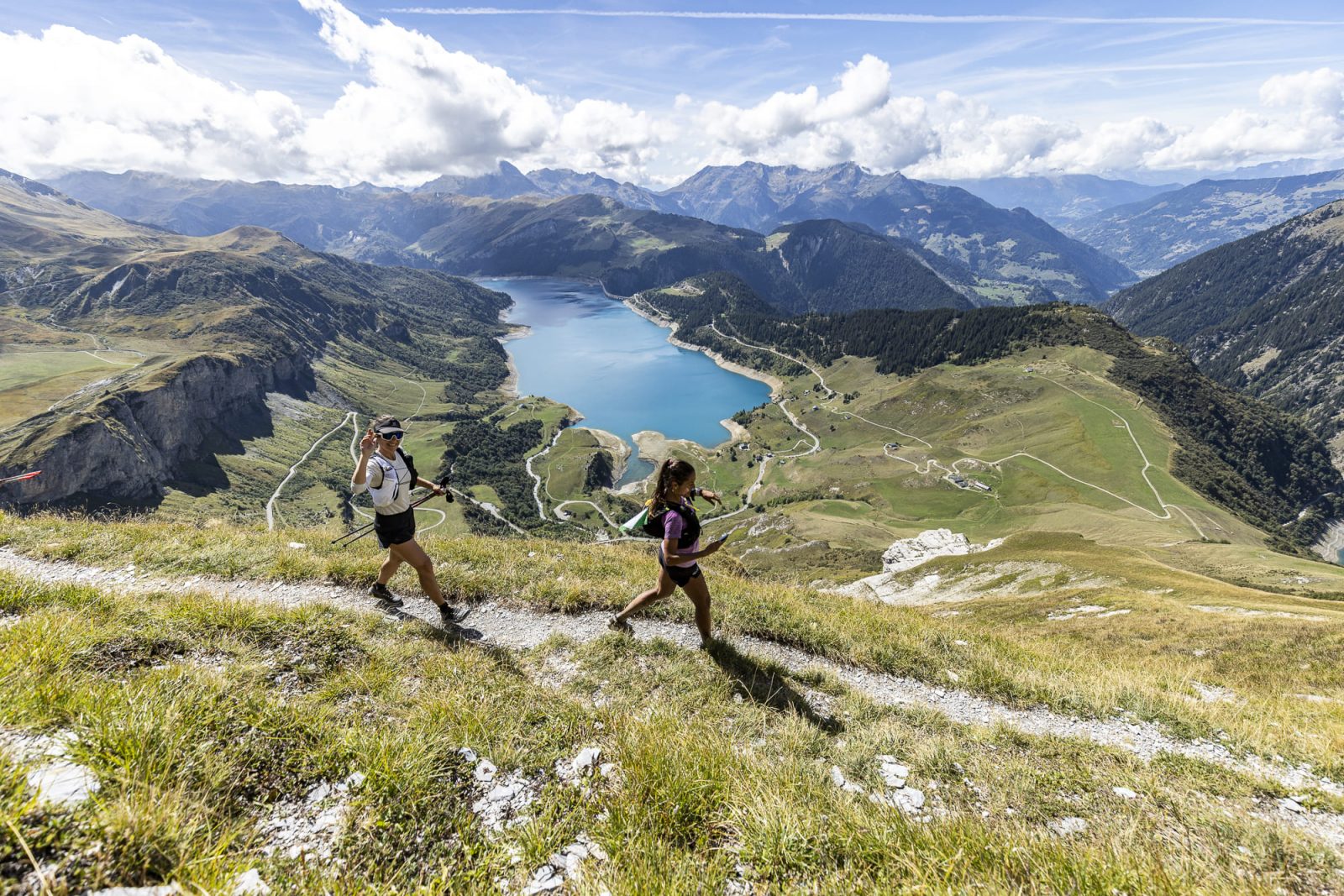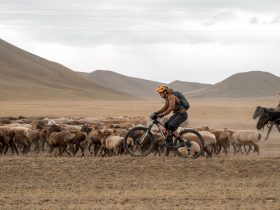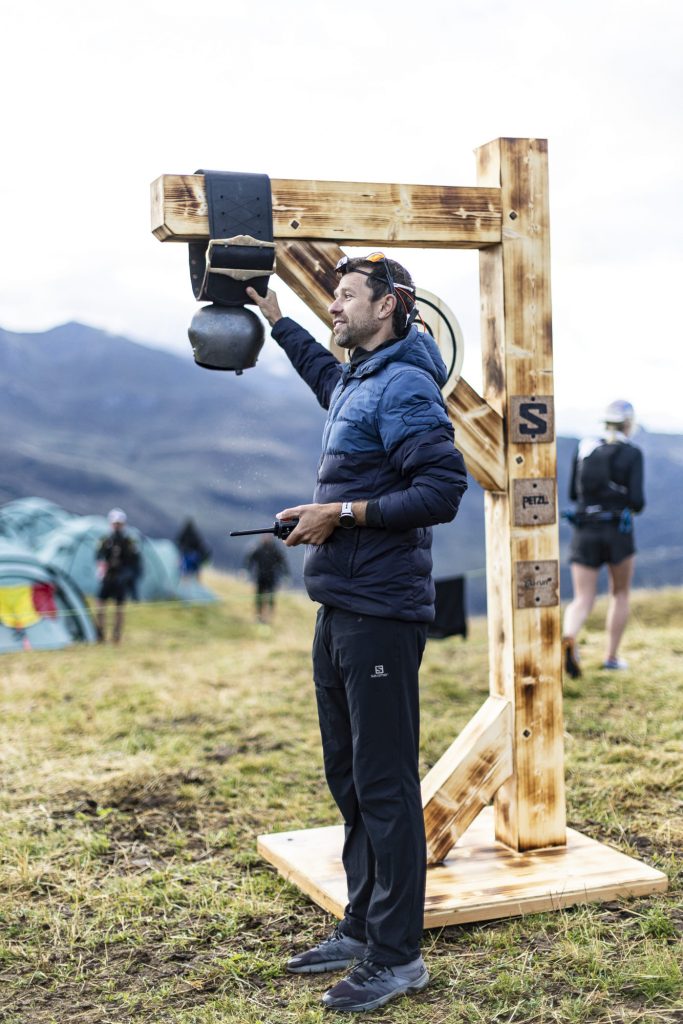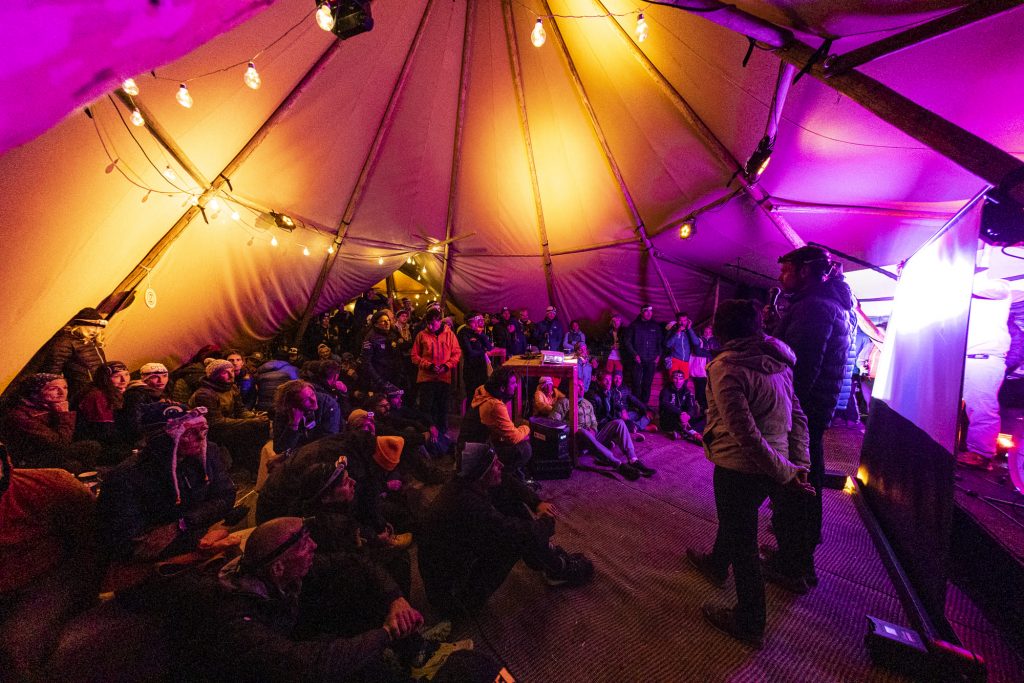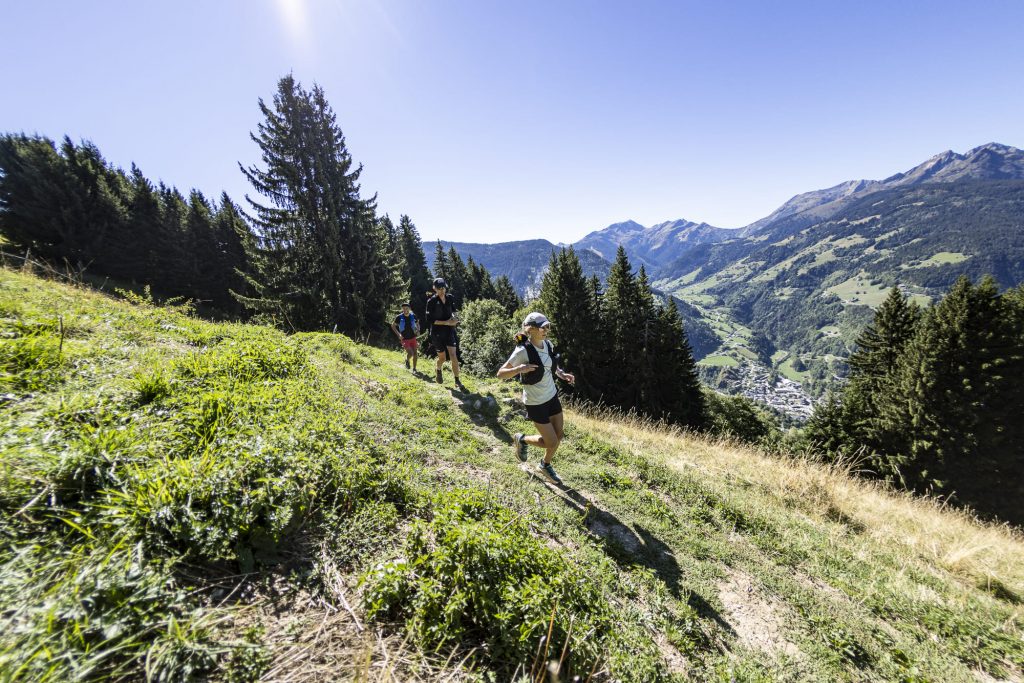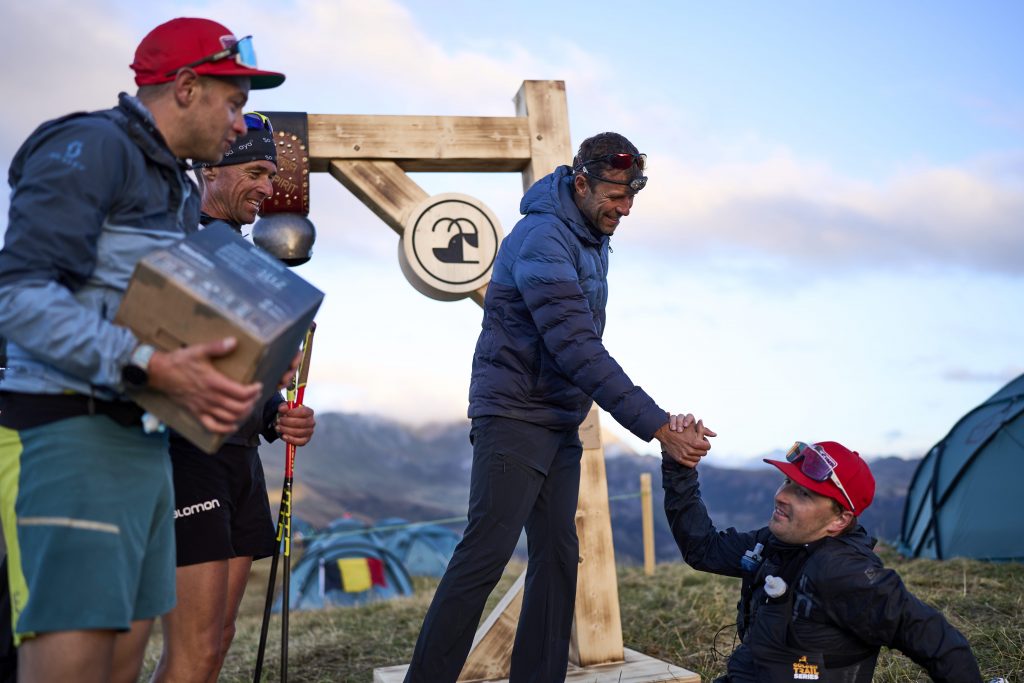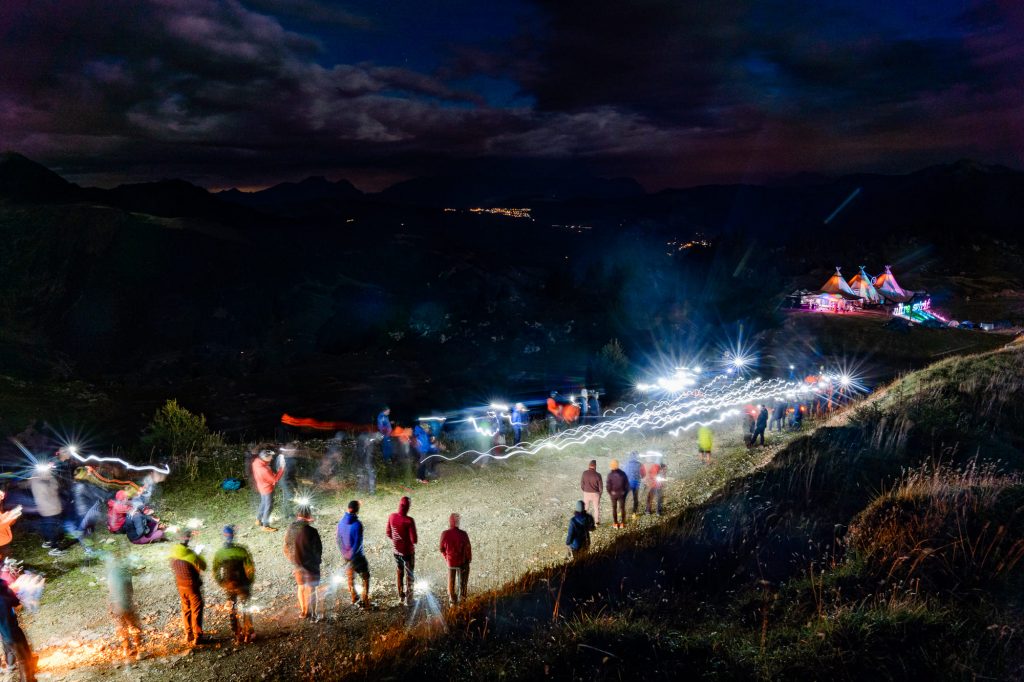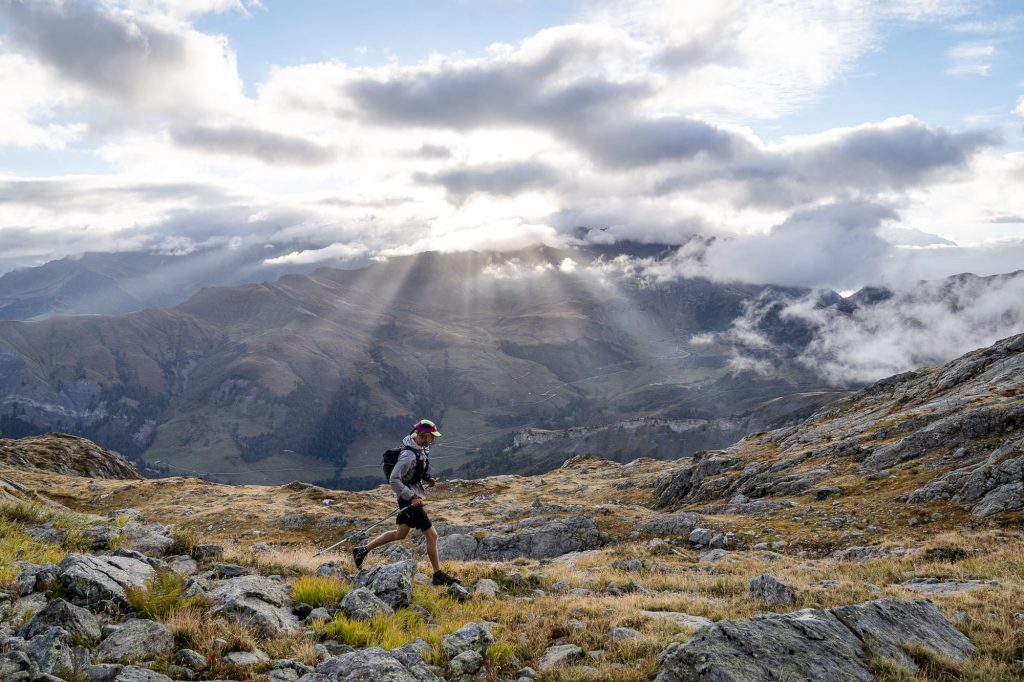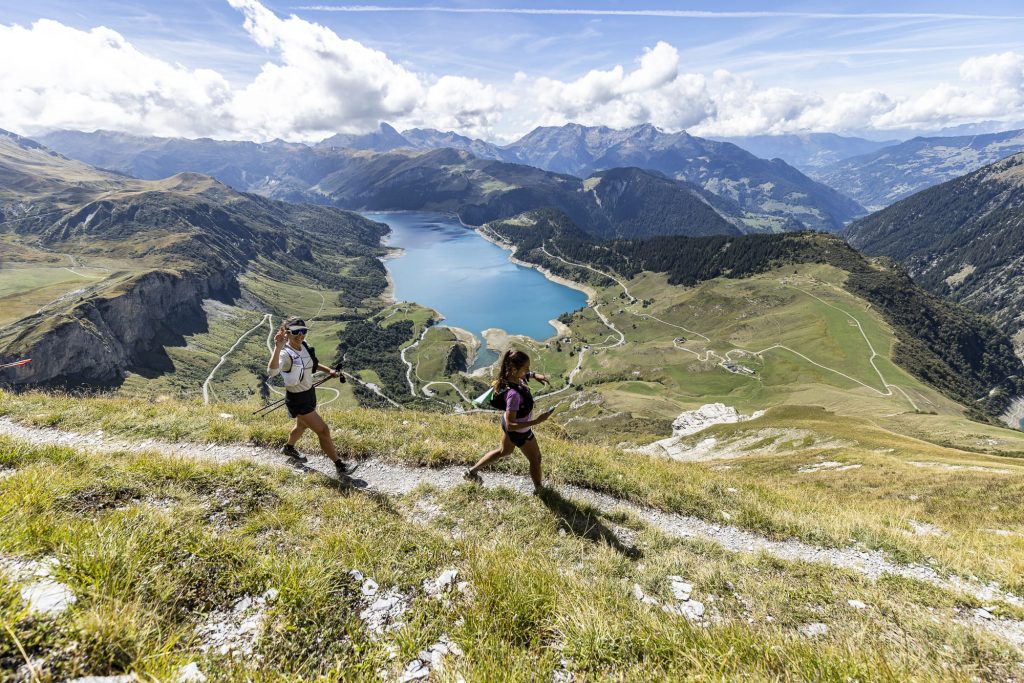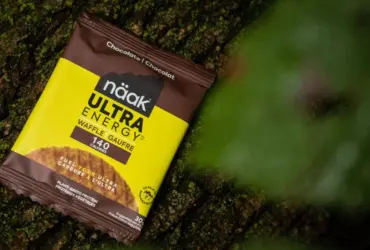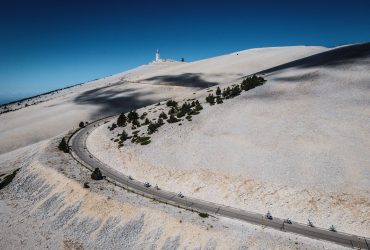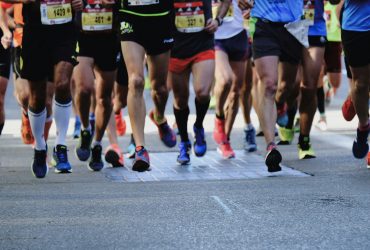Imagined by the ultra traileur François D'Haene, the Ultra Spirit breaks the codes by proposing a new format of race on nearly 100 km and 10 000 m of positive difference in altitude.
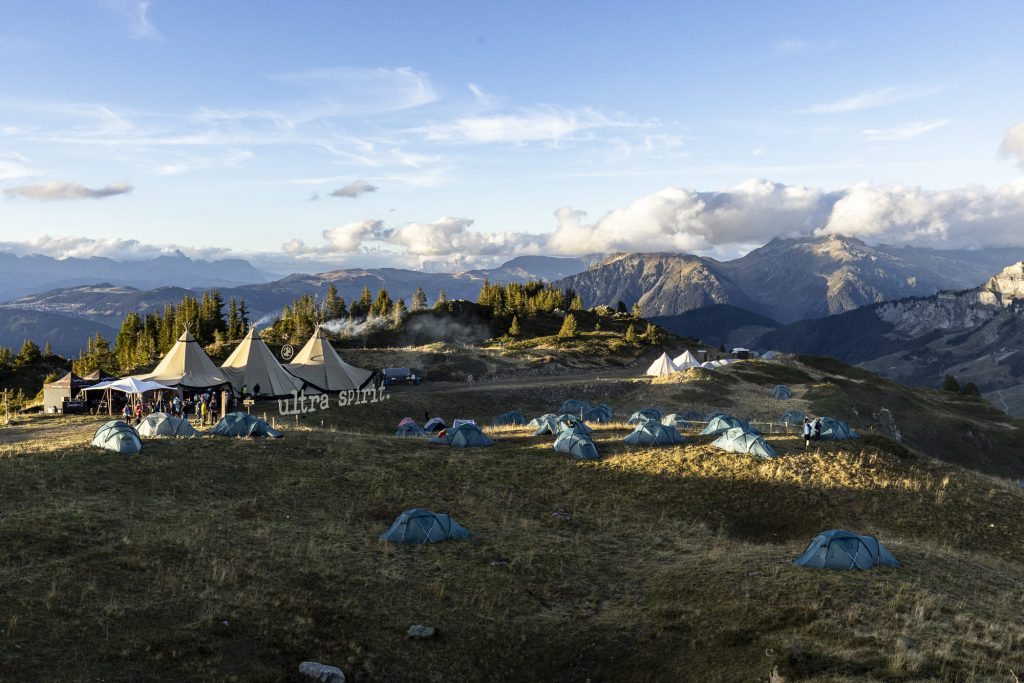
This year, the second edition of the Ultra Spirit will take place on September 22nd. 40 teams of 3 people will be competing on a course traced in the heart of the Beaufortain. If the distance (100 km over three days) and the positive difference in altitude (10,000 meters) are data that remind us of what can be found on long distance trails, the concept imagined by François D'Haene and his wife Carline goes beyond the simple time trial.
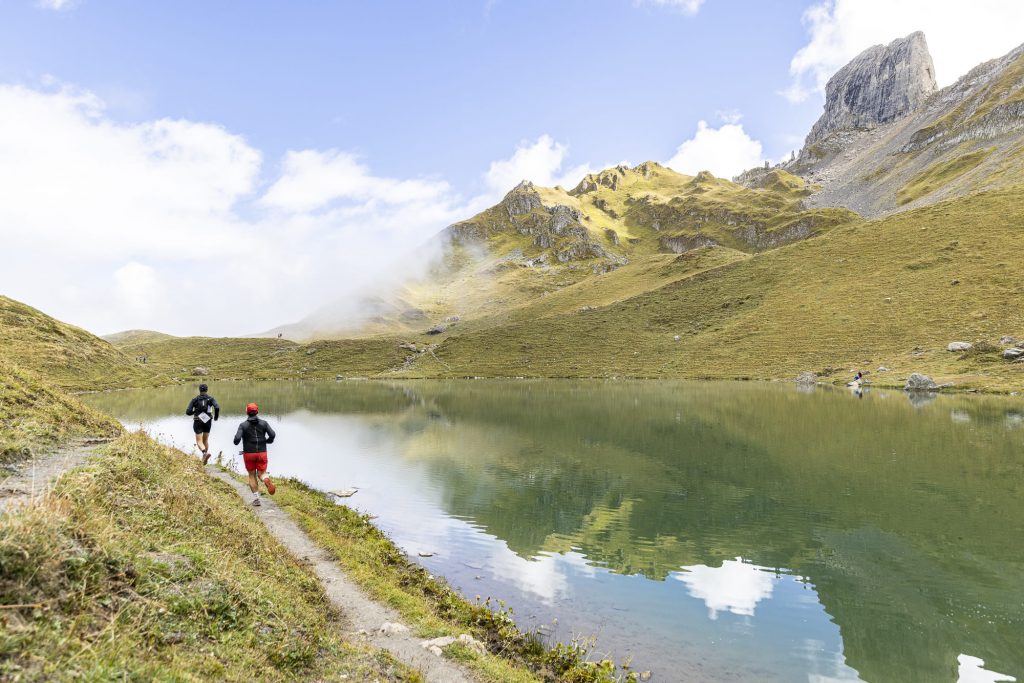
This year: still no shower, no more telephone network, and the time will still not be the only master of the race. No compulsory equipment either: on the Ultra Spirit, we advise, we do not oblige in order to make the runners responsible. Every evening, the runners will have a bivouac at an altitude of 2000 m facing the Mont-Blanc and the Pierra Menta. To deal with the time, the organizers propose a classification by points that the runners glean as they go along the 12 surprise activities imposed at the check-points. This concept forces runners to change their relationship with time. Unlike traditional races, the meeting, the sharing and the values take precedence over the time trial, even if the meeting keeps the physical level of an ultra.
Another originality of the concept, the Ultra Spirit imposes a high requirement in terms of responsible and sustainable event by limiting its impact on the environment. First of all through the number of participants which is capped, on this 2nd edition, at 120 people, in order to reduce the impact on the local fauna and flora, while keeping a friendly and family spirit. Also, in order to educate the participants to the environmental issue, those who go to Beaufort by public transport or by carpooling benefit from a slight advantage at the departure of the first day: a few seconds in advance during which the other participants must wait in the chair position.
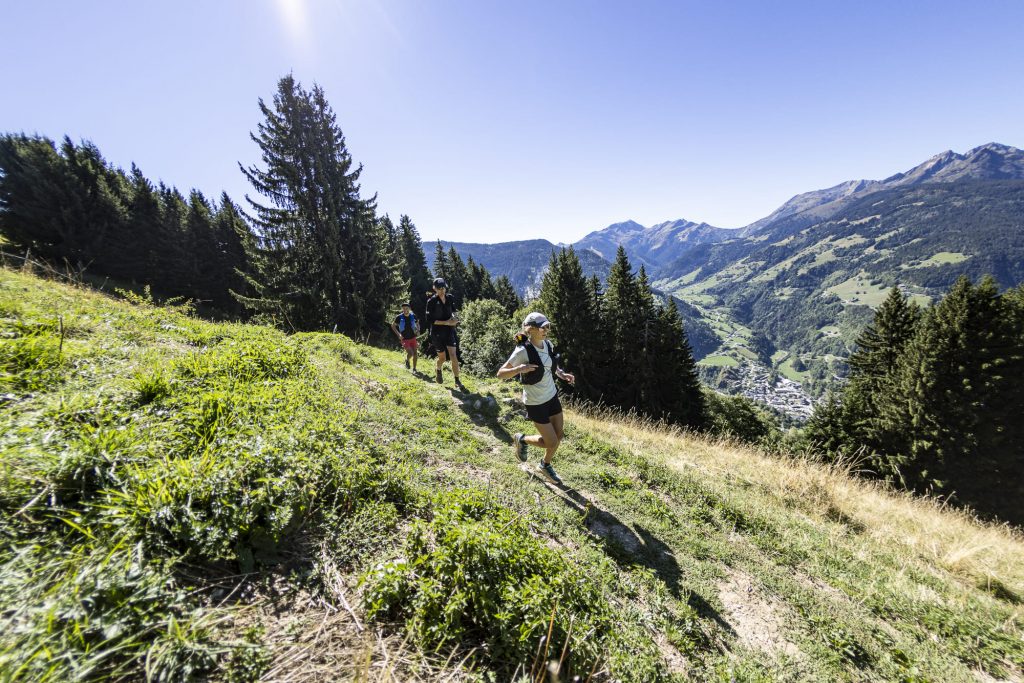
In addition, Carline and François D'Haene work with local partners, located within a 100 km radius of the event, and use reusable or rented equipment (like the bivouac tents). From a communication point of view, no flyers or posters are used to promote the event, even less printing on plastic materials such as PVC banners.
All the signage is made of wood to be used from one year to the next.
The food offered during ULTRA SPIRIT is seasonal and comes from local farms, as does the mineral water from the Bonneval spring. The overall impact of the race will be measured after the event and the carbon footprint of each participant will be compensated. Registrations are already open for the race. And here again, originality is the key, as you can see on the event's website.






